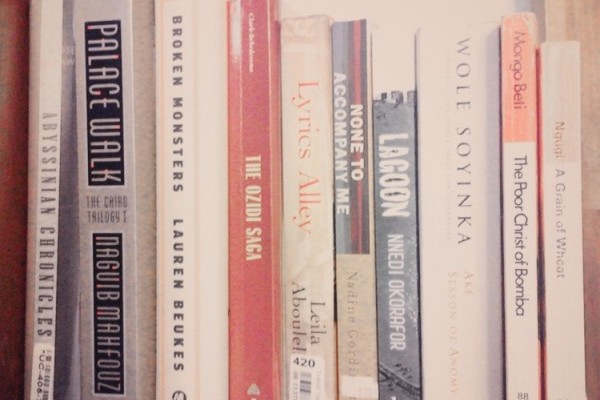
If we begin counting from late 19th century when novels written in African languages were being published in South Africa, we could say African novels have been in existence for over a hundred years.
That’s a lot of novels!
So what do you do when someone who has never read an African novel asks you to make a recommendation?
Let’s say a friend, colleague or social media buddy says to you: “I’ve never read any African novel. Tell me where to begin,” how do you respond?
The problem here is the problem with all firsts. You don’t want to disappoint, right? This is going to be the person’s first African novel, and you want it to convey all that is great and wonderful about African novels. To put it simply, you are looking for the perfect example of an African novel.
An example is something that defines a group, so you’re thinking that whatever novel you tell this person to read will have to be one that embodies all the attributes of an African novel.
But, there’s a little problem.
Experts on the African novel—bloggers, critics, publishers, scholars—have never been able to agree on what these attributes are or on what makes a novel African.
To be quite honest, after decades of studying African novels, we still can’t quite reach a consensus about the body of stable characteristics that makes a novel African. No need to get your hopes up. We never will.
Here is my advice for you. You are going about it all wrong.
When you’re given the task of helping someone decide on their first African novel, your goal should not be to find that one novel or couple of novels that can represent the beauty of the entire African literary archive or the staggering complexities of the African world. It’s too much to ask of any one novel or group of novels.
Instead, listen to whoever is asking. At the end of the day, what they really wants is a great novel that happens to be about African life.
After all, an African novel is just like any other novel in the sense that it recommends itself to you by touching something deeply personal and subjective.
African novels are African, but that’s not what makes them cool. They’re cool because they fulfill the reader’s desire for fun, inspiration, pleasure, beauty and so on. That’s what you want to share—a novel that the reader would love.
So here is how you should reply: “What are you in the mood for? Funny, dark, fantasy, boy-meet-girl, travel, faith-based, coming-of-age adventure, lots of sex scenes, lots of blood, rags-to-riches, femme-fatale, monsters, aliens, post-apocalyptic.” The possibilities are endless.
Instead of basing your recommendation on some abstract idea of what the perfect African novel is, let the person’s interests and tastes guide their first encounter with African novels. And, I assure you, their experience will be magical!








Catherine Onyemelukwe March 31, 2015 10:20
Great advice, Ainehi. Thanks.